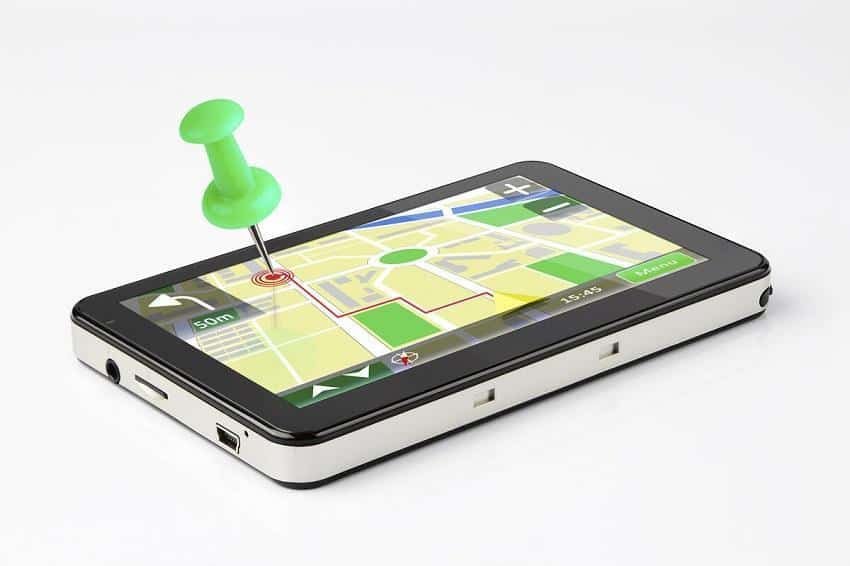Australian authorities have resorted to a cell phone monitoring system to identify sites visited by a couple infected with the coronavirus, in a bid to prevent the virus from spreading and to control all people who come in contact with them.

The couple taxitraveled from Wuhan, China to Adelaide, Australia, to attend an auction for a house, before being diagnosed with coronavirus and isolated in hospital.
Both are in steady state and cooperate with state authorities to provide more information about places visited in Adelaide.
To get a better picture of their movements in the area, police used a cell phone tracking system commonly used to track criminals.
The system requires nothing more than a phone number and helps to recovery information, such as site data collected each time the mobile phone was connected to a mobile antenna. This data is collected by mobile operators and has nothing to do with whether you have activated the gps system.
Under Australian law, mobile operators are required to collect this information and store it for two years. It is possible to deliver this data to the authorities after a legal order.
Adelaide Public Health Officer Nicola Spurrier said the system was particularly important because the couple did not live in Australia, and could not accurately describe the areas they visited. Using cell phone data, they can better identify these locations.
For the record, the property in Adelaide, where the couple visited and attended their auction, was sealed as a precautionary measure.





